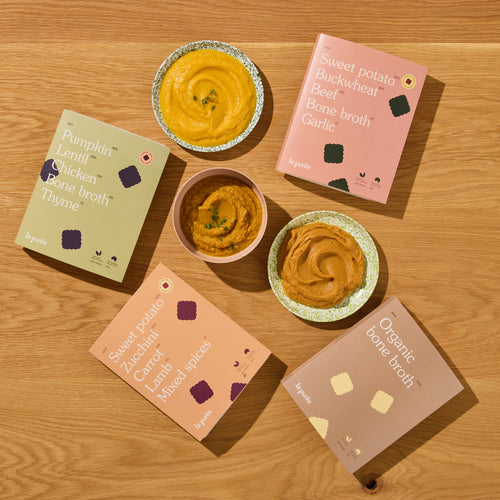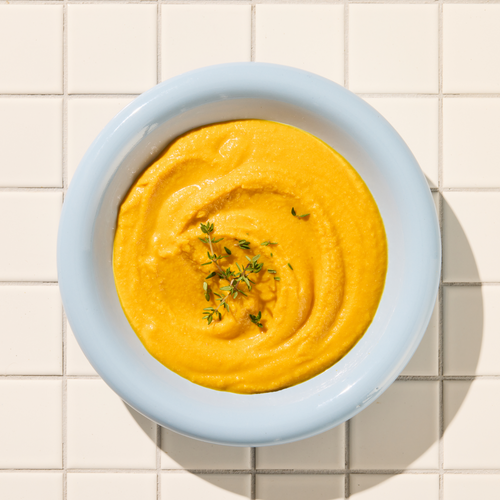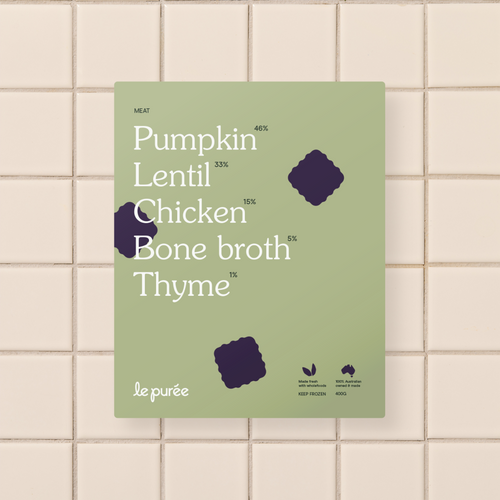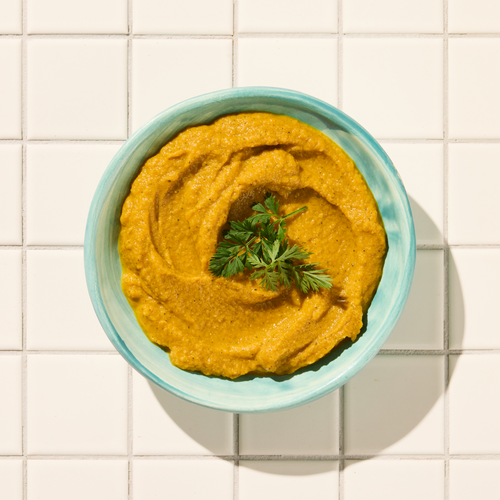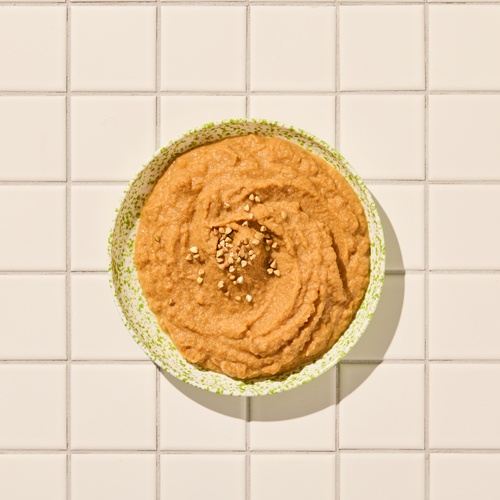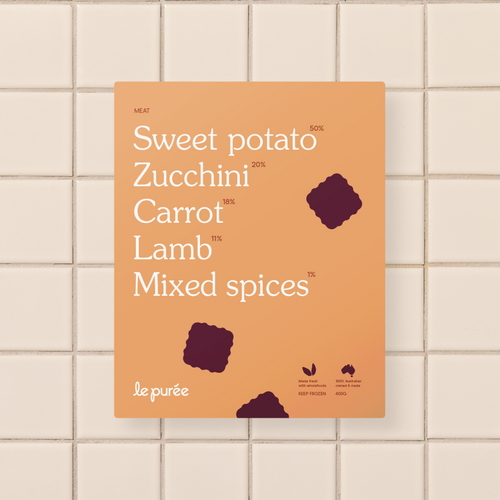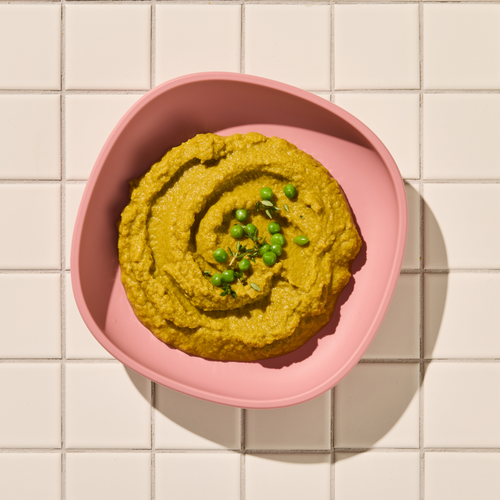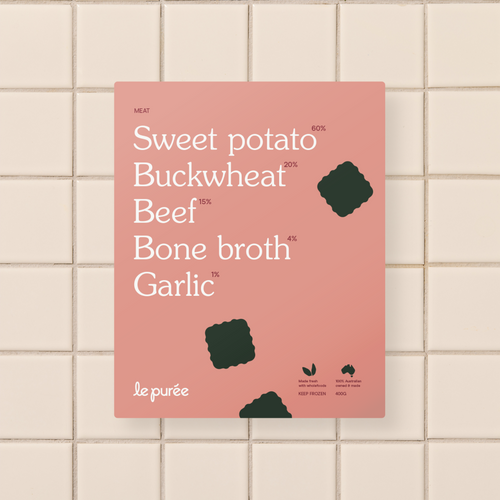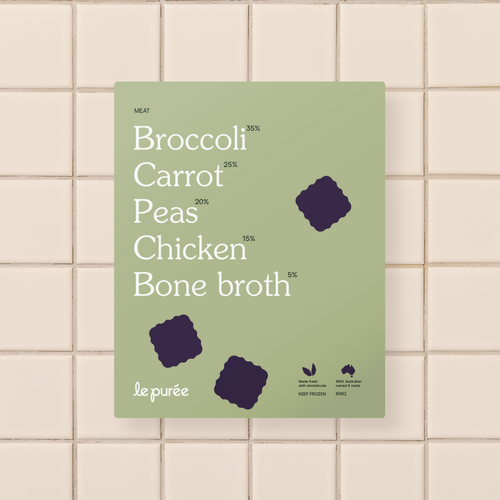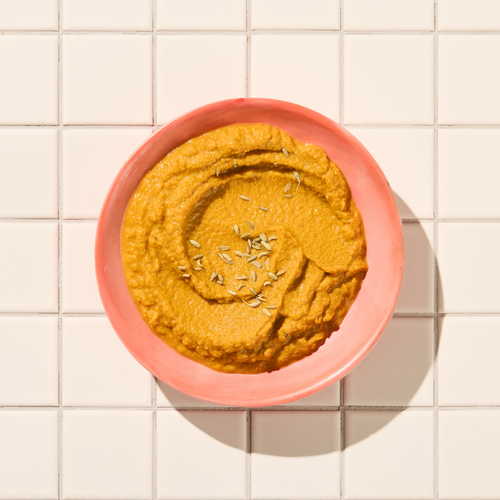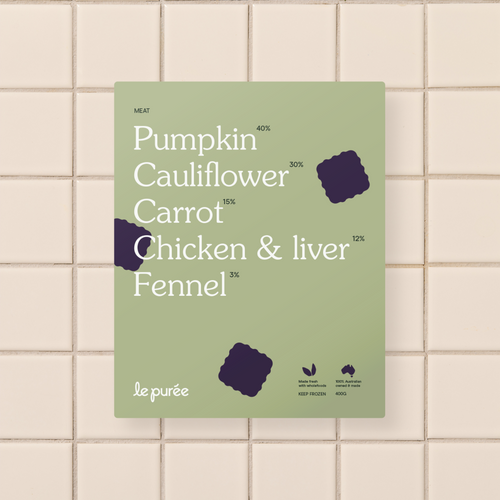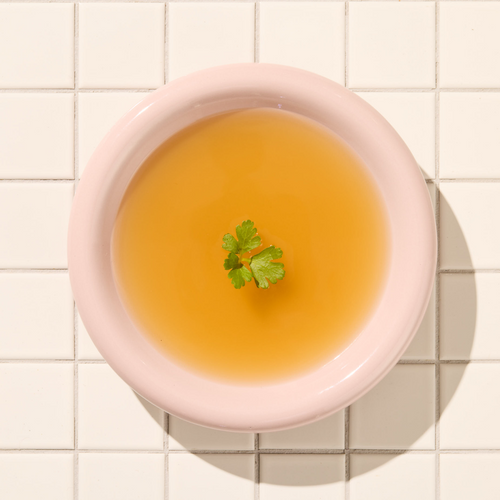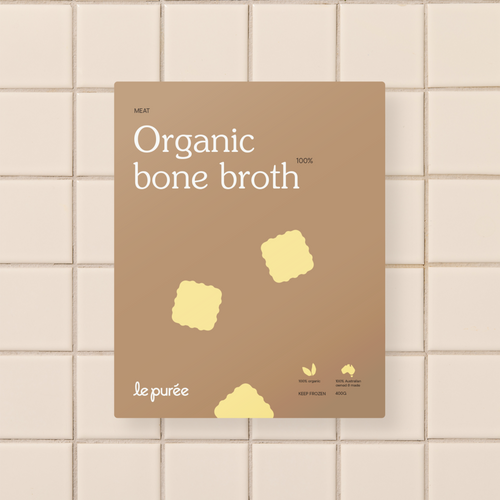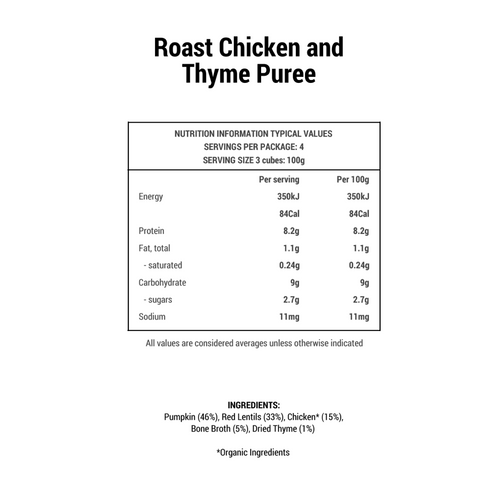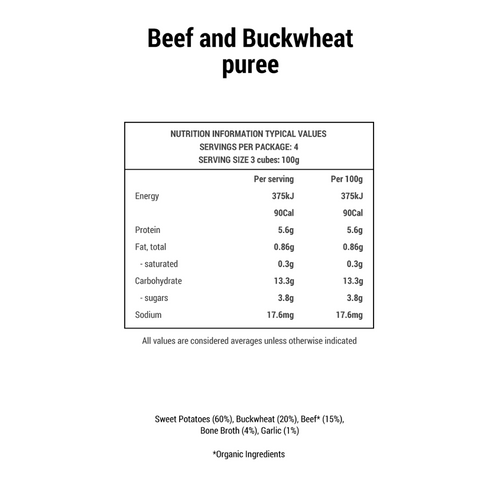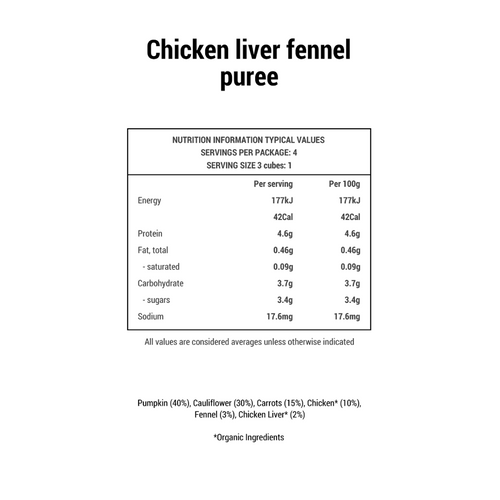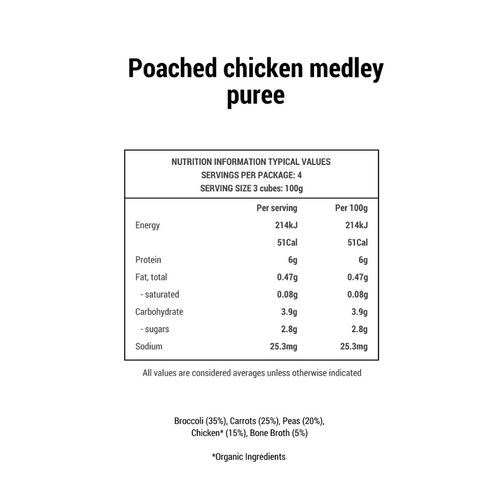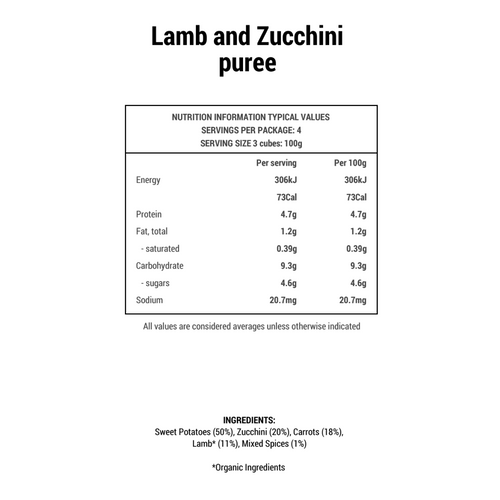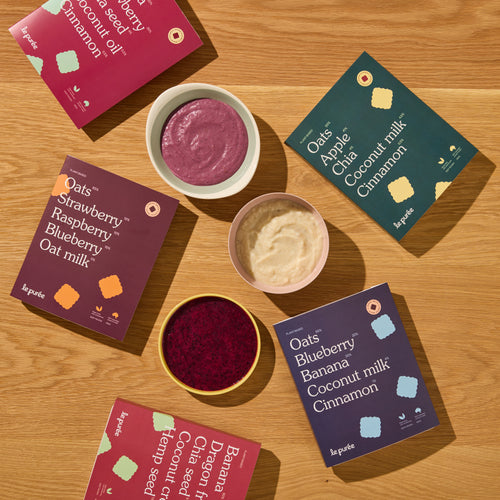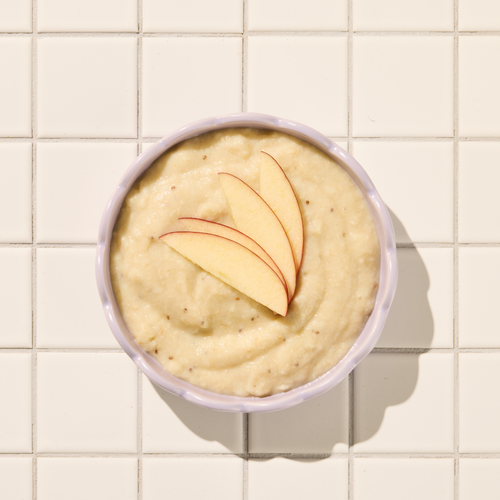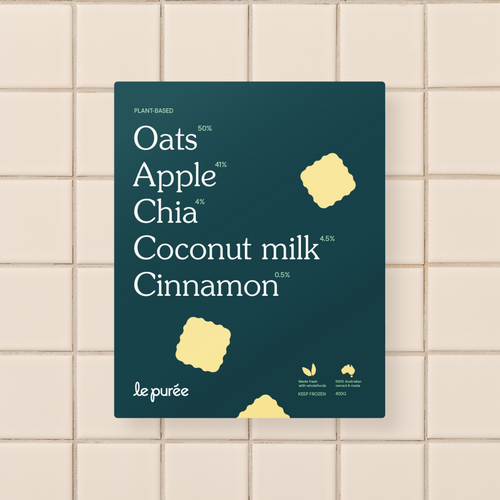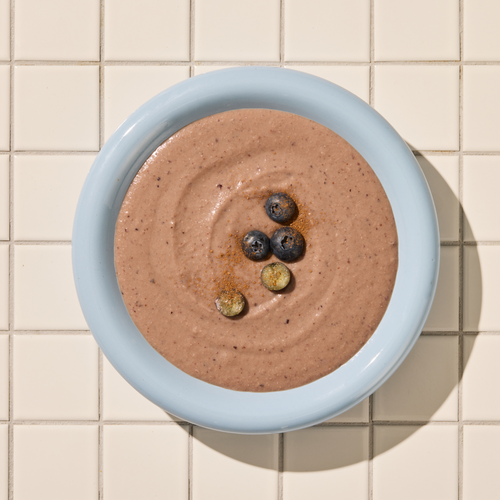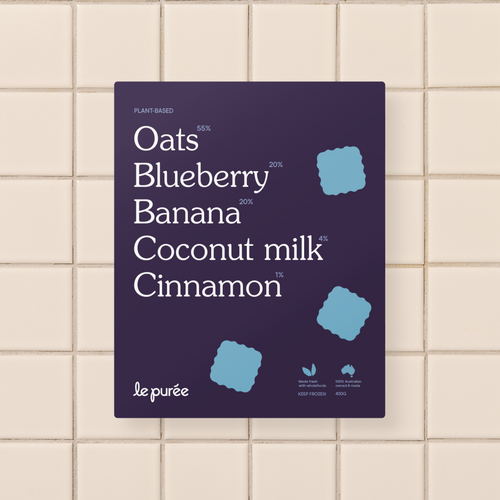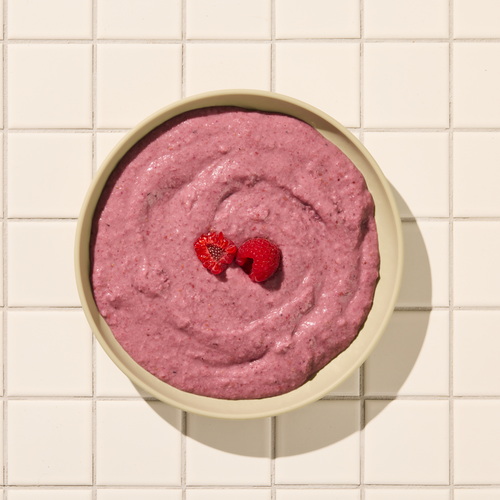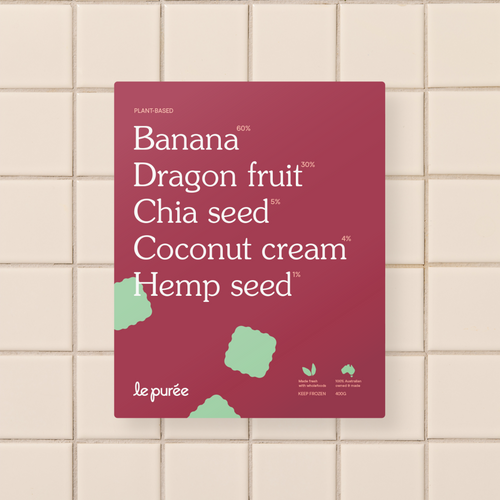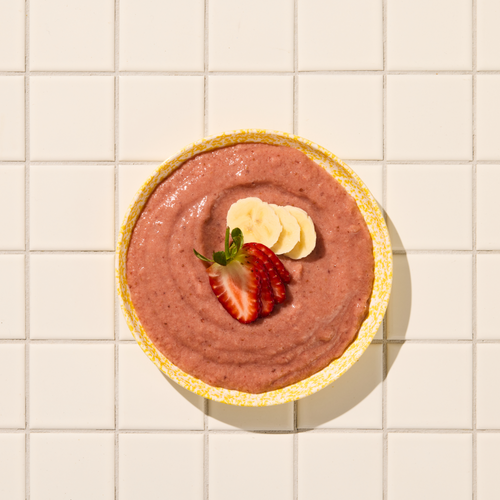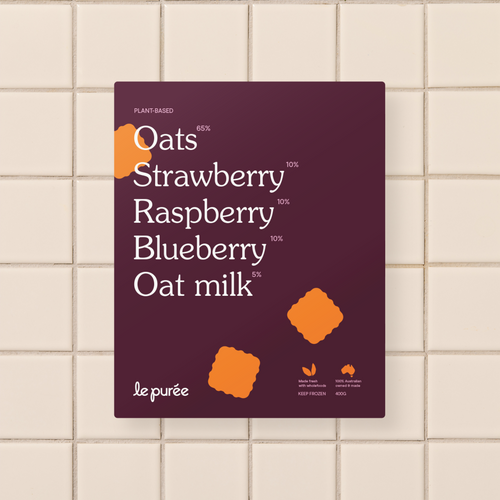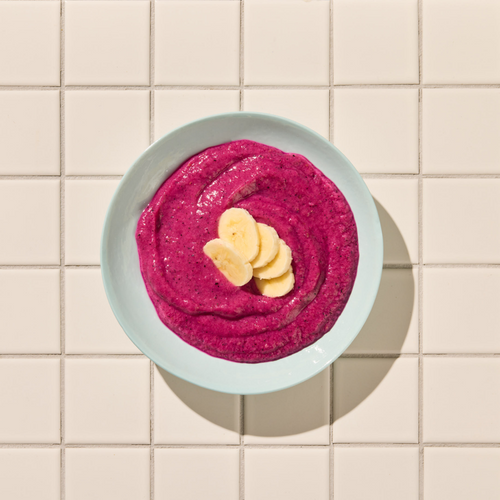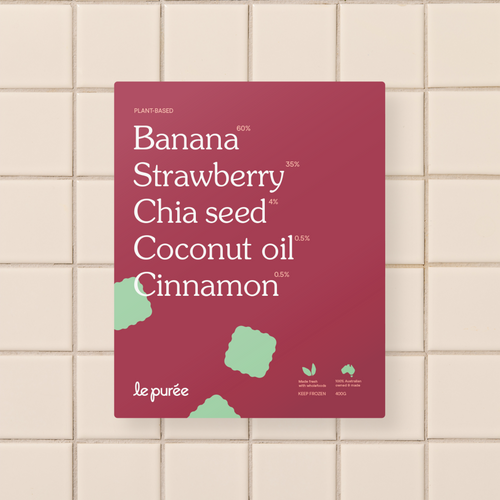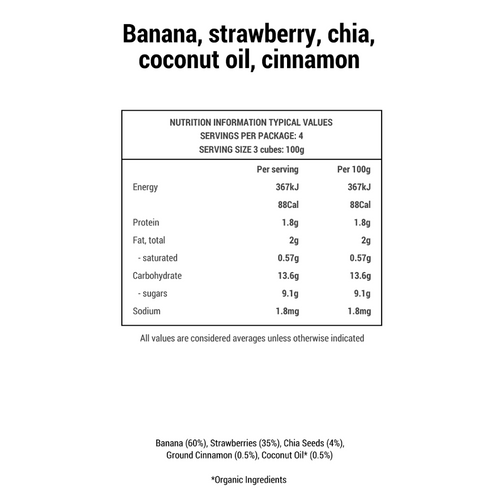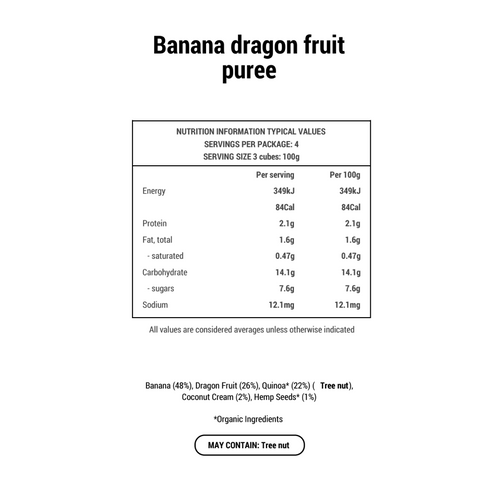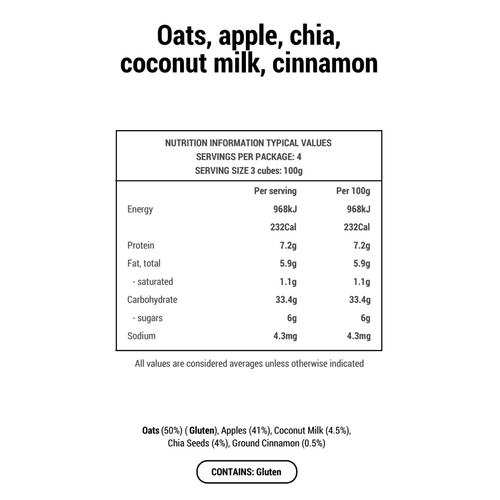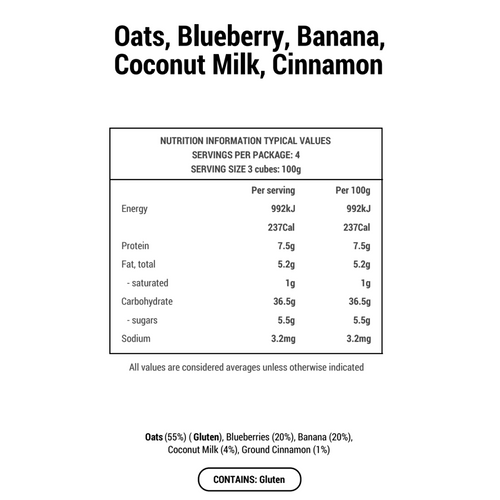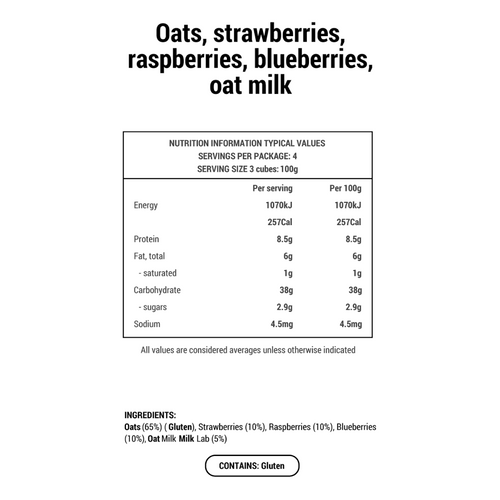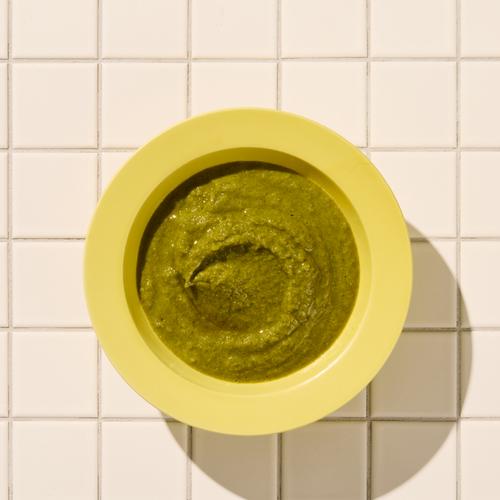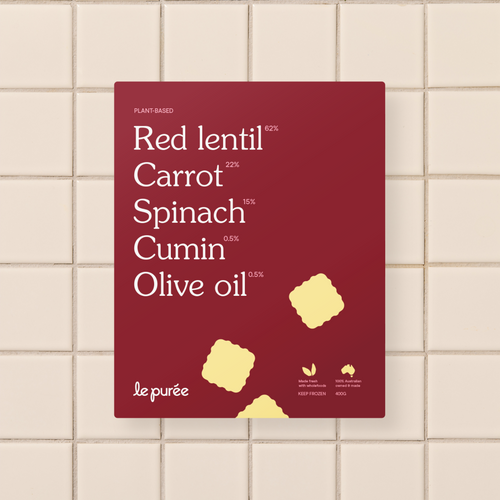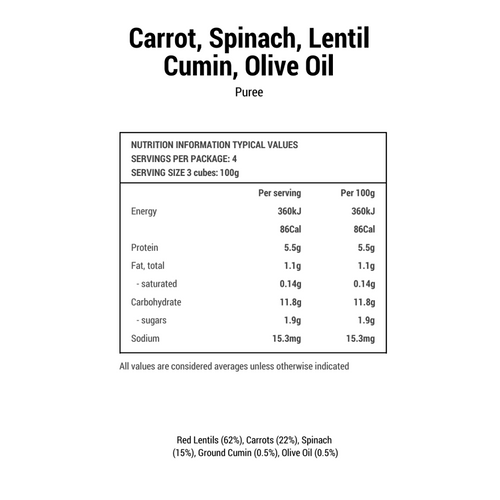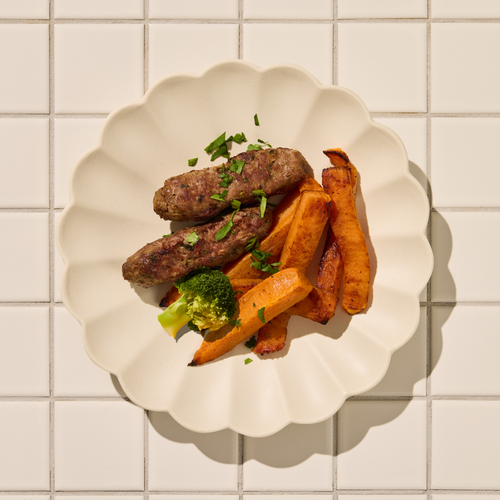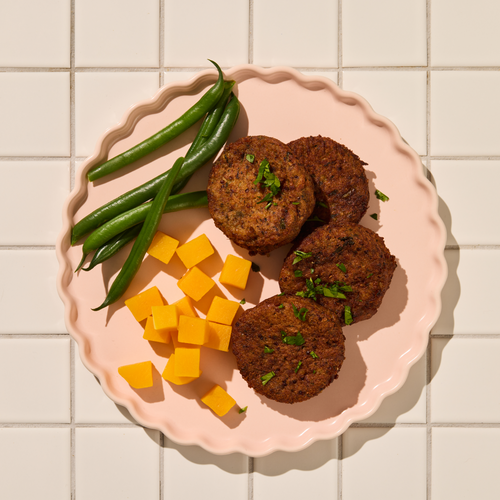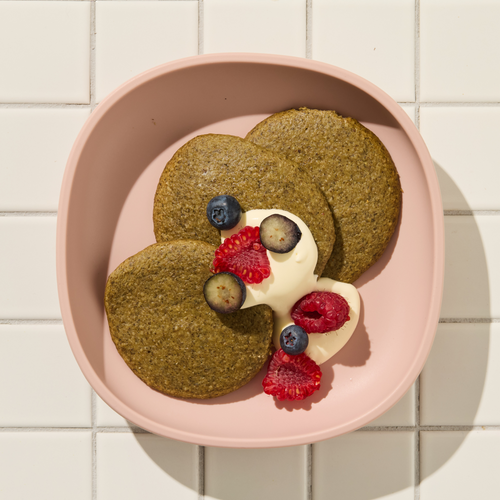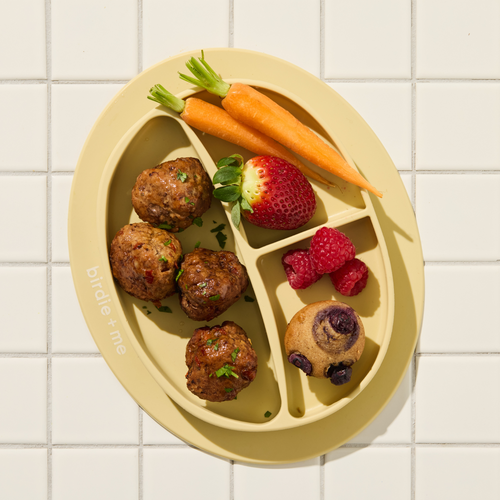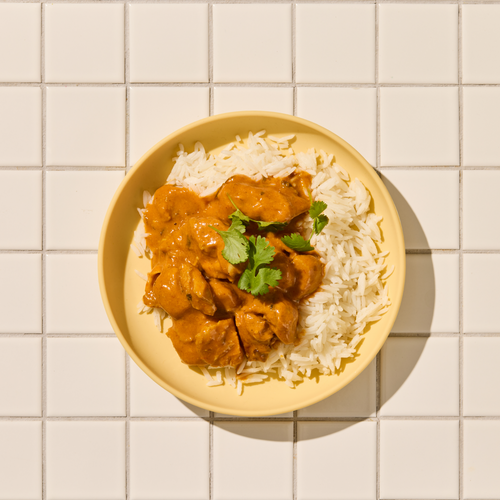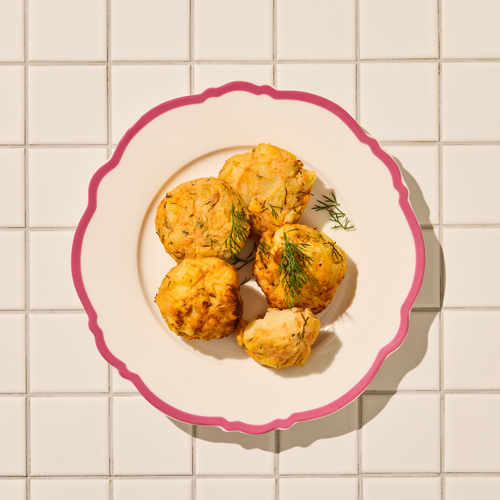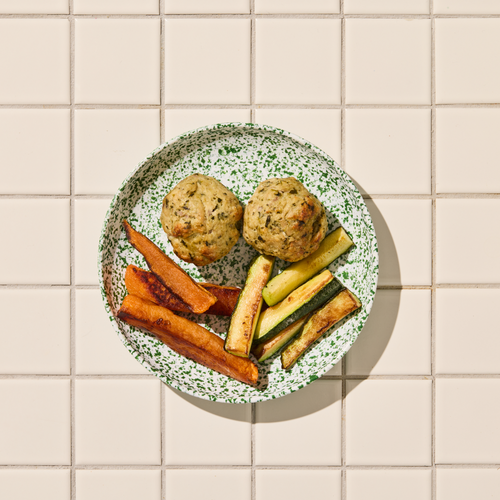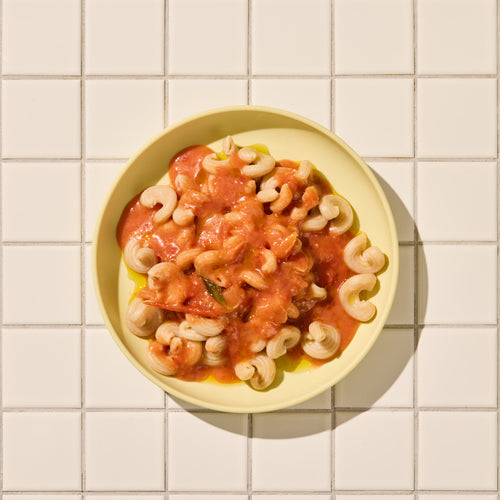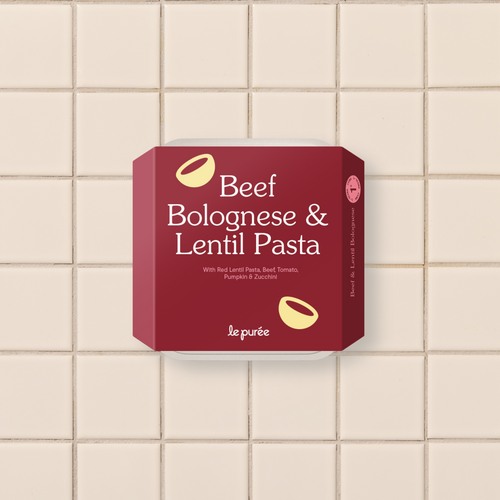Written by Jackie Nevard - CEO and Founder of My Food Allergy Friends
Welcoming a beautiful baby into the world is an experience unlike any other, and parents find themselves overjoyed with their little bundle of joy! However, some babies will develop food allergies, and this comes with its fair share of challenges (trouble sleeping, itchy skin, irritability and more serious medical complications too). If you think your child may have a food allergy, it’s important to seek a diagnosis, preferably from an allergist.
In Australia, allergies and allergic disease is high, with as many as one in ten babies being diagnosed before their first birthday. Australia actually has the highest rate of allergies in the world...
With such a high prevalence of allergies, it can be challenging for parents to navigate introducing their child to new foods while being mindful of potential allergens. Thankfully, there is a helpful written resource available - Nip Allergies In The Bud, which provides guidance on introducing the top ten allergens to children! https://preventallergies.org.au

Le Puree also has the most incredible support system for introducing allergens 🤗 The Allergen Bundle incorporates Taste Bub’s Allergen Starter Pack- which is a 4 week program to introduce 9 of the most common food allergens to babies, as well as 2 purees including prawn and sardines.
This support network takes the fear and confusion out of introducing the top allergens, and helps alleviate the “how to” for parents. This is designed by paediatric allergists who have seen it all, and decided to take the burden off parents.
Avoiding allergens is not always as simple as it sounds, as many packaged foods contain at least one of the top ten allergens, and some foods that look identical may contain different ingredients depending on the brand. As a result, we always recommend for parents or caretakers to read labels carefully, including May Contain Statements. We also recommend checking anything to put on a baby's skin, such as soap, shampoo, creams, art supplies, and play dough for potential allergens.
Another big one to cover is, Cross-contamination, which is a major issue to be aware of, as children can quickly spread allergens by touching surfaces or objects after eating or playing with a contaminated item. It is so important to wash hands thoroughly before and after eating, and parents can be mindful of not eating around shared play equipment as an extra precaution.
Parents of children with allergies may also need to provide a “safe party box" for their child when attending social events to avoid them feeling excluded or awkward when unable to partake in the food offered! This might be something you as the host of the party could do to support that child. 🙌🏼
As an allergy parent myself, I know firsthand how heartbreaking it can be to see your child excluded from social events or feeling isolated due to their allergies. However, it is important for other parents to know that they do not need to cater specifically to children with allergies. Simple steps, such as providing non-food treats, can make a big difference. Above all, I find if parents avoid pitying children with allergies, this can help cut out negative self-image. Children who learn to speak up about their allergies and focus on what they can do rather than what they cannot do will be better equipped to navigate any challenges that come with living with allergies.
If you are seeking additional details regarding our allergy resources designed for children and families, feel free to reach out to us via email at info@myfoodallergyfriends.com. Don't forget to join our community as a Food Allergy Friend on social media platforms like Facebook, Twitter, and Instagram. School programs, Allergy Masterclass and resources can all be found at www.myfoodallergyfriends.com
Blog by Jackie Nevard - CEO and Founder of My Food Allergy Friends



